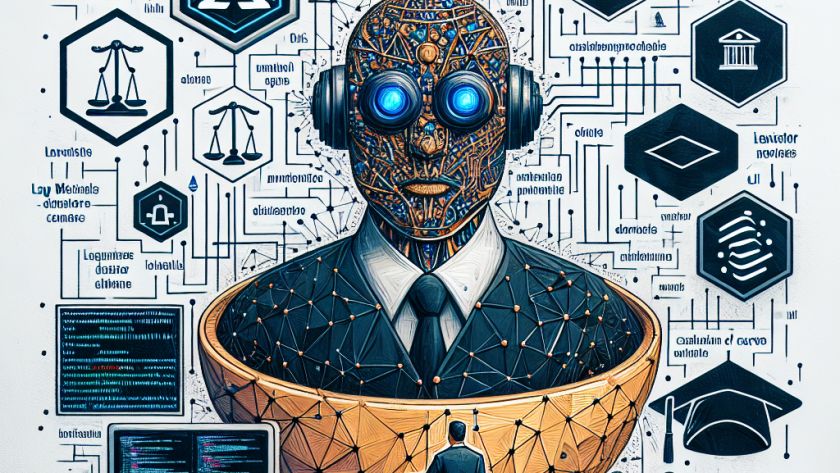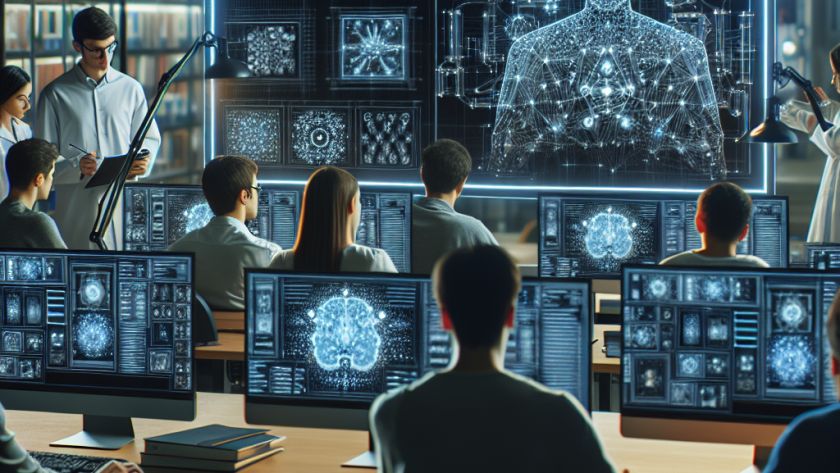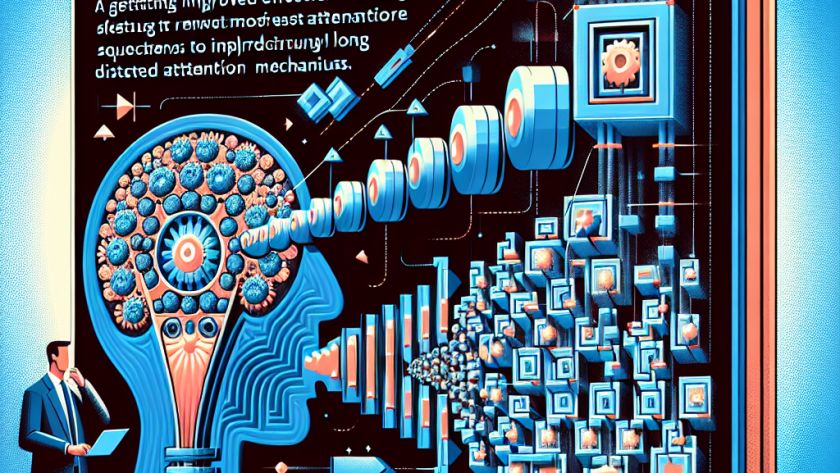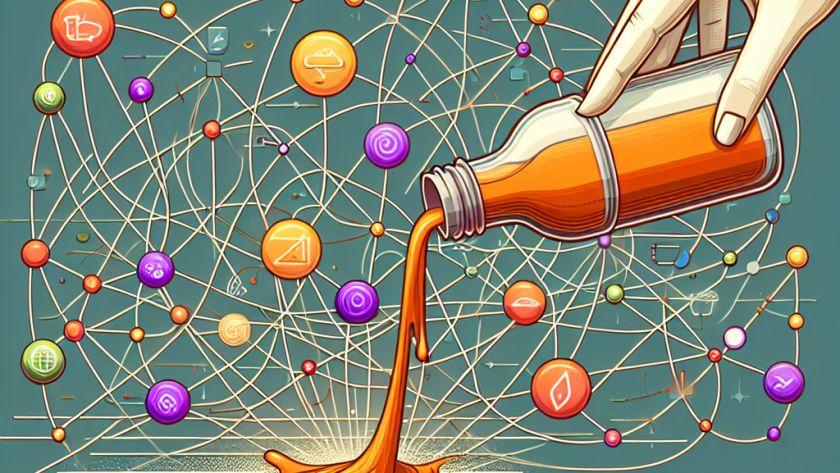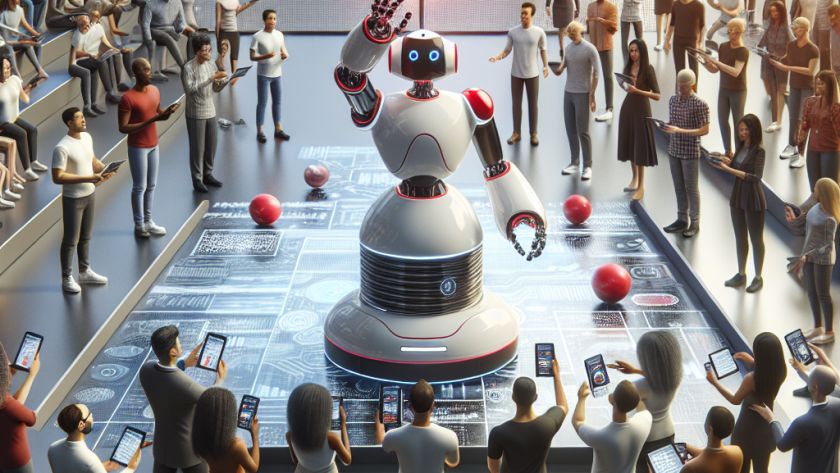As software companies grow, their codebases often become more complex, resulting in accumulated legacy code and technical debt. This situation becomes more challenging when team members - especially those well-versed in the codebase - leave the company. Newer team members may face difficulties understanding the code due to outdated or missing documentation. To overcome these…
